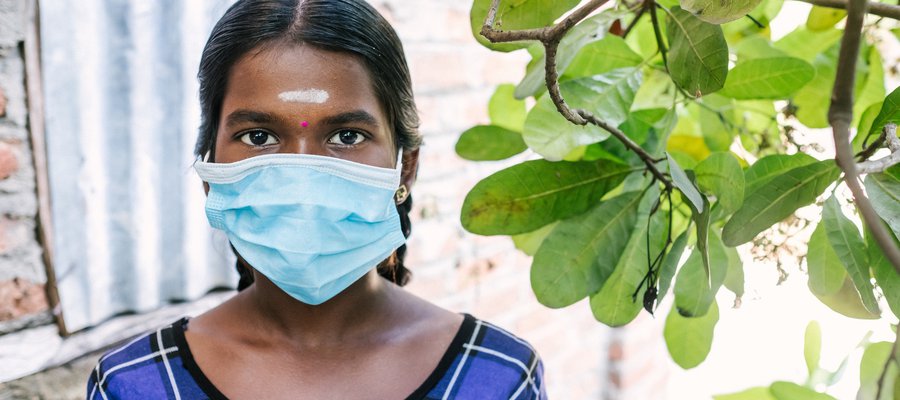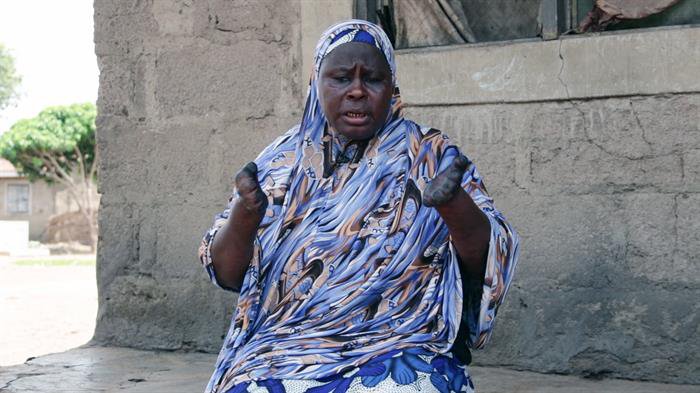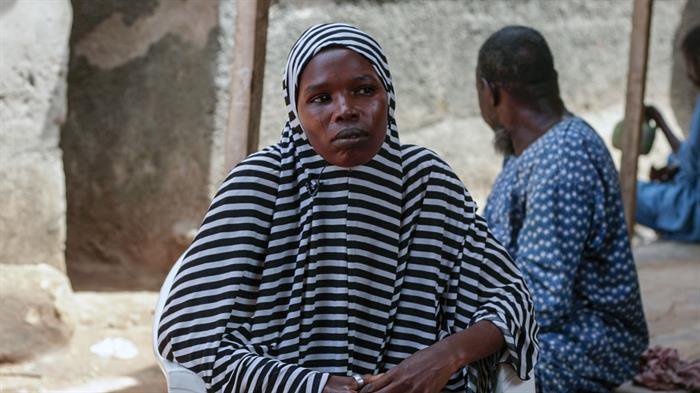Leprosy and Covid-19

Life for persons affected by leprosy has been hard during the pandemic
Many persons affected by leprosy were living on the margins of society even before Covid-19. A person is more likely to develop leprosy if they have an immune system that has been compromised by poor nutrition and sanitation, which means many persons affected by leprosy are among the poorest communities in the world. For them, the pandemic made life even harder than before.
Access to healthcare
Covid-19 has reduced access to healthcare for people across the world. Whether through lockdowns or because of overrun healthcare systems, many people have been unable to access treatment.
For persons affected by leprosy this can have serious consequences. Lockdowns have prevented us from finding and diagnosing new cases of leprosy. They have also prevented people from visiting clinics to get their medication. If a person is unable to access Multi Drug Therapy (the cure for leprosy) they are at risk of developing life altering disabilities.
A person who are already has leprosy-related disabilities may need physiotherapy, surgery, ulcer care, or other forms of treatment. Without this support throughout lockdowns and other restrictions, many persons with leprosy-related disabilities have seen further complications, which run the risk of causing permanent damage to their bodies.
Access to livelihoods
Many persons affected by leprosy work jobs that pay on a day-to-day basis. They may be day labourers or they may sell goods at a market. Leprosy related disabilities and stigma make accessing regular, well-paid work even harder than it would have already been and many persons affected by leprosy earn just enough to get by. When lockdowns hit, people affected by leprosy who were living day-to-day suddenly found they had lost their income.
We know that many persons affected by leprosy were suddenly unable to provide food and other essentials for themselves and their families. In response, TLM mobilised in countries across the world to provide emergency support packages. We also worked with governments to ensure that persons affected by leprosy did not fall through the cracks of governments emergency provisions.
Although lockdowns are not common in many places anymore, there are still many persons affected by leprosy who are struggling to build back their lives following the damage caused by Covid-19.
Access to Covid-19 information and support
Because persons affected by leprosy often live in marginalised or remote communities, they too often received very little Covid-19 information. They were dependent on NGOs and even local churches and mosques to provide them with information about the virus.
This feeling of marginalisation has caused a lot of fear for persons affected by leprosy. We have heard many people saying that they fear they would receive no support if Covid-19 hit them.
Making a difference
The Leprosy Mission is one of many NGOs and Organisations of Persons Affected by Leprosy who have worked alongside persons affected by leprosy to provide essential support throughout Covid-19. If you want to help us continue this support, you can contribute today.
The UN's guidance on this issue
The UN's Special Rapporteur on leprosy produced a report on this topic for the UN's Human Rights Council. In the report she provided important details of many of the issues outlined about. She also provided a list of recommendations for governments who are looking to support persons affected by leprosy throughout and after the pandemic.

Hear about the experience of Mallama in Nigeria
Mallama lives near Abuja in Nigeria and this is her experience of lockdown and the Covid-19 pandemic.

Hear about Karima's experience of Covid-19
Karima has been learning to live amidst the lockdown caused by the Covid-19 pandemic. For her and her family it has become a question of survival.